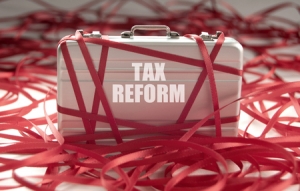Employee Benefits
Consumer-Driven Health Plans (CHDPs) have been steadily gaining in popularity for several years now. According to the Society for Human Resource Management (SHRM) 2018 Annual Benefits Report, 40% of the employers surveyed now offer a CDHP to their employees. SHRM defines a CDHP as a Health Reimbursement Arrangement (HRA) or a Health Savings Account (HSA) paired with any underlying medical plan.
While we continue to hear about the rapid growth of Health Savings Accounts (HSAs), there is one feature about Health Flexible Spending Accounts (Health FSAs) that keeps some employees enrolled in this type of consumer-driven account (CDA). That’ s the uniform coverage requirement of Health FSAs.
How small businesses can use the power of benefits to make employees happy and improve the bottom line.
The Internal Revenue Service (IRS) has updated its Questions and Answers website in regards to the Employer Mandate, and it appears they have started to send initial notices to employers who are subject to a penalty for the 2015 year (generally, this will be employers with 100 or more employees since transition relief was available in 2015 to employers with 50-99 employees).
- Make the tax code simple, fair and easy to understand.
- Give American workers a pay raise by allowing them to keep more of their paychecks.
- Bring back trillions of dollars that are currently kept offshore to reinvest in the American economy.
The only way for an employer to provide certain benefits tax-free to its employees, such as health, dental or vision insurance, is through a Cafeteria Plan, as defined under Section 125 of the Internal Revenue Code. The only way for an employer to have a Cafeteria Plan is by preparing a written plan document which meets the requirements of Code Section 125. Failure to have a written document, or failure to operate a Cafeteria Plan in accordance with the terms of Code Section 125, disqualifies the plan as a Cafeteria Plan and results in gross income to the participants. In other words, any participant in the plan will lose the tax favorable status of the benefits that he or should would have otherwise received.










